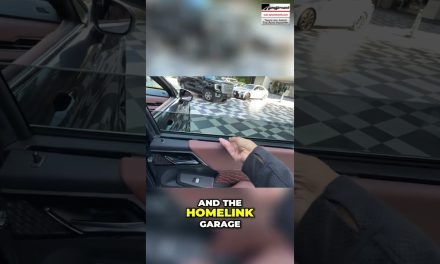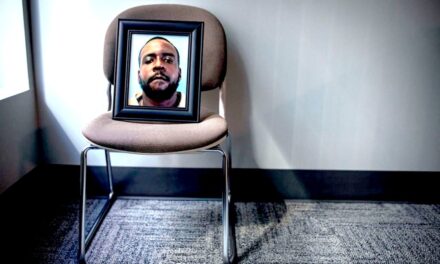
This is an opinion column.
Dearest Elon,
Congratulations on your new role co-leading the Department of Government Efficiency. I know a lot of folks are incredulous of your newfound friendship with America’s riskiest political pal. Many think you’re out to make yourself even richer than you already are. But I’ll hold out hope some good might come of this.
You see, I think we can make you richer and save Alabama money at the same time — what I’ve sometimes heard called a “win-win,” and hopefully not an indictable offense.
All in the name of government efficiency.
As you no doubt know already, much of the world lacks broadband internet access. My home state of Alabama is no exception. Heck, we have places in this state without sanitary sewer treatment, places with hookworm and stuff. But let’s take our problems one at a time.
According to the Alabama Department of Economic and Community Affairs, about 17 percent of Alabama’s 2 million households lack high-speed internet access — or about 340,000 homes. Many have no internet access at all.
This has been a problem for quite some time and the state has thrown a lot of money at it. But kind of like high-speed rail, it’s something that seems to be stuck in the planning phase or the spending money phase and never the done and working phase. Instead, we’re stuck in some kind of loop …
Not that you’ve ever had an issue like that.
In fact, Alabama has thrown so much money at this problem, it’s a problem figuring out just how much the state has spent. I’ve been trying to and the best figure I’ve found is … it’s a lot.
According to a press release from ADECA, the state has handed out at least $500 million in grants since 2018, most of it coming from federal ARPA dollars. A half a billion dollars and we’ve barely moved the needle.
Earlier this year, Gov. Kay Ivey announced $148.3 million of grants to local internet service providers to cover “last mile” expenditures. That money is supposed to cover hookups for about 52,000 homes and businesses.
Or about $2,800 per hookup.
In one instance, the state gave $12.57 million to Coosa Valley Technologies to add 974 new customers.
I’ll do the math for you: That’s nearly $12,900 per new customer or about the cost of a 10-year-old Tesla in good condition.
And that word customer is important here.
Alabama is spending this money so utility companies won’t have to spend money. This isn’t a public welfare project. It’s a corporate welfare project. Those customers will have to pay for service when it’s done, but they won’t be paying back the taxpayers who footed the bill.
Alabama might be a little more thrifty if it were Alabama money we were spending, but it’s not. That ARPA money came from the federal government and there’s more where that came from.
A lot more.
Under a federal program from the Biden Administration, Alabama is slated to receive $1.4 billion more for rural broadband, and it’s unclear whether that will be enough to finish the job.
At this rate, we’ll spend more on high-speed internet than we do on a new prison, and we might have less to show for it.
If only there were a better way — something cheaper and easier to deploy. Maybe something small enough to ship it to people in the mail.
Something like Starlink.
Just spitballing, but according to your own website, Elon, a residential Starlink satellite internet system runs about $350 for the initial equipment and $120 per month after that.
Now, let’s assume Alabama still has 300,000 homes to hook up, after the half billion we already spent.
If there’s truth in advertising here, we could finish the job for about $100 million, just by sending every distant home a Starlink module. (I’ve spoken with friends who have them, and they assure me the things actually work.)
I hate to say this because I’m generally against self-dealing, but we could save money and fix everybody’s problem in Alabama by putting more money in your pocket.
Heck, we could hook up every home in Alabama to Starlink for $700 million, or half what American taxpayers are about to shell out for the $1.4 billion bag of Uncle Sam money.
That’s savings we could spend on renewable energy, space travel .. or if you send it to Alabama, half a prison.
But one problem at a time.











